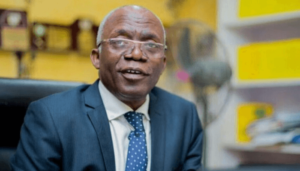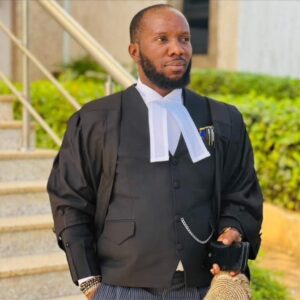The Right to Remain Silent: A Cornerstone of Constitutional Protection
In Nigeria, the Constitution guarantees a fundamental right that safeguards the interests of individuals facing interrogation or prosecution: the right to remain silent. This inviolable right, enshrined in the Constitution of the Federal Republic of Nigeria (1999), as amended, empowers suspects to choose silence during questioning, consult with a legal practitioner or person of their choice, and avoid self-incrimination.
Sections 35(2) and 36(11) of the Constitution, in conjunction with Sections 6 Administration of Criminal Justice Act 2015(ACJA) and 180 of the Evidence Act, unequivocally establish the accused’s right to remain silent. This means that a suspect cannot be forced to say or write anything without first consulting with a lawyer or any other person of his/her choice, also that an accused person cannot be compelled to testify against themselves and can rely on the prosecution to prove its case beyond a reasonable doubt.
The significance of this right cannot be overstated. From the moment a suspect is taken into police custody, their right to remain silent kicks in, shielding them from coercive questioning or commentary from the prosecution. The onus lies squarely on the prosecution to build a watertight case, unaided by the accused’s testimony.
Even if the law enforcement officer violates this right and forces you to make any statement without a lawyer or any other person of your choice, that statement cannot be used against you in court.
The right to remain silent is, however, not an absolute right.
It is a reckless hazard to insist on the exercise of this right when the prosecution has made a prima facie case that calls for the accused person’s explanation. Judicial authorities have revealed that the accused person is obliged to say something when anything incriminating is said or tendered against him; otherwise, he will be deemed to have admitted the allegation.
Hence, Section 35(2) and 36(11)65 of the 1999 constitution of Nigeria cannot be used as a sword in a criminal trial but as a shield. The interpretation of this is that the accused person can only rely on the provisions as a defence and cannot use them as a cause of action because it is in his interest to speak out when incriminating evidence is brought before the court against him.
In conclusion, the right to remain silent serves as a bulwark against potential abuses of power, ensuring that individuals are treated fairly and justly throughout the investigative and judicial processes. As a fundamental constitutional guarantee, it deserves to be respected, protected, and upheld at all times.
Contributor:
George Ibe, graduate intern at Inibehe Effiong Chambers.





